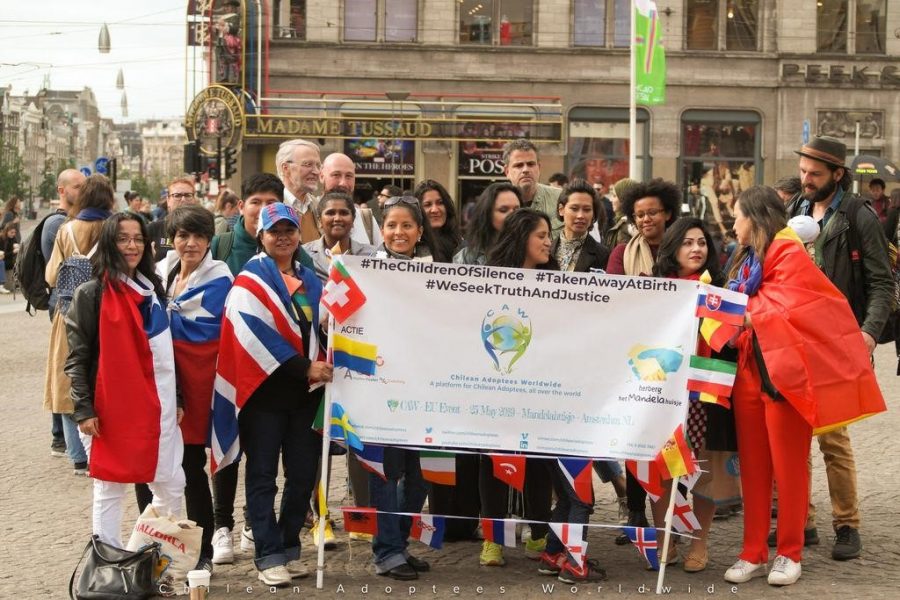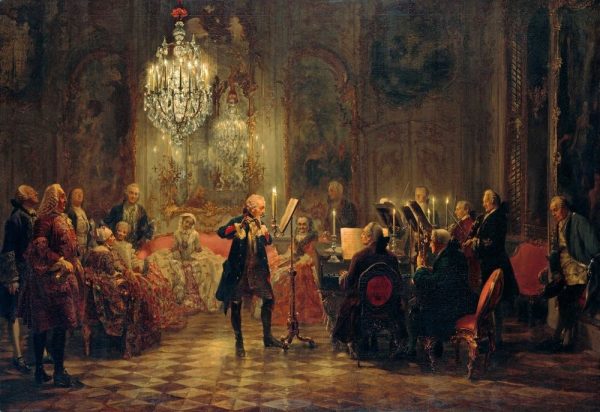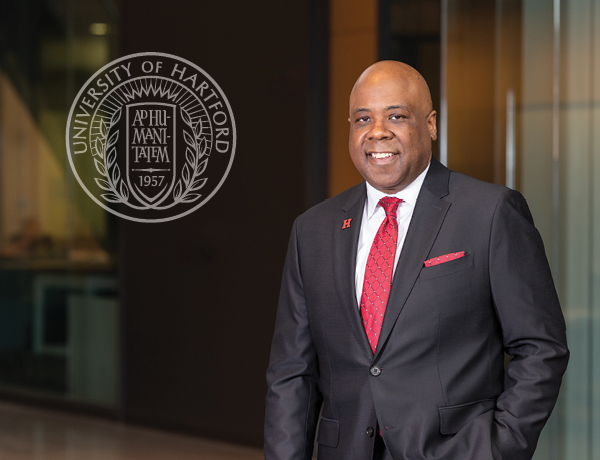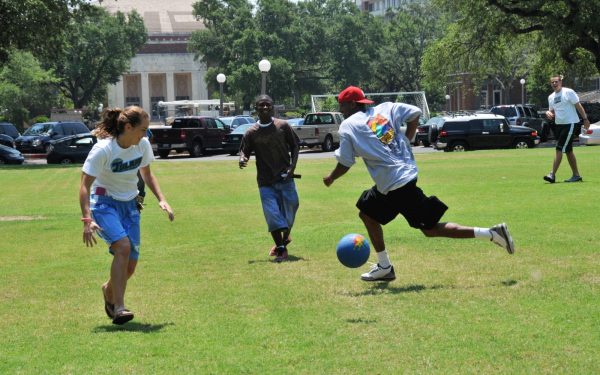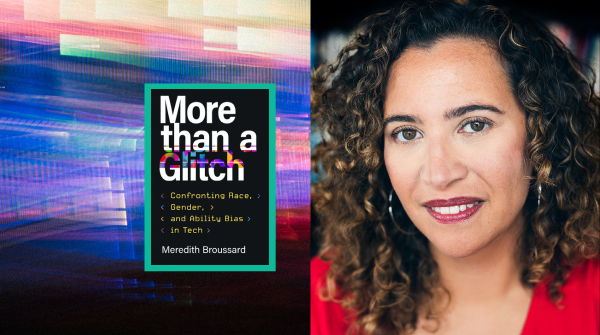Chile’s stolen children seek justice
October 3, 2019
During the military rule of Chilean dictator General Augusto Pinochet from 1973 to 1990, thousands of children were stolen from their mothers and sent overseas for adoption. The Chilean government is now looking for answers regarding how these babies were taken.
In the second half of the 20th century, Chile was experiencing extreme poverty, especially among children.
The government, led by Pinochet wanted to eliminate this poverty by simply removing children from the country and putting them up for adoption in more developed countries like the United States, Germany, and Holland. Similar situations were occurring in neighboring Argentina.
Jeanette Velásquez works for the volunteer group Hijos y Madres de Silencio (Children and Mothers of Silence). Velásquez says that social workers, doctors, and international adoption agencies were all involved in the operation with the Chilean government.
In an interview with the BBC, Velásquez described stories she has heard of “how they [women] were breast-feeding their baby when it was pulled from their arms.”
But the separation wasn’t always forceful. Velásquez also describes how the government would pressure women into giving up their children claiming that they were too poor or already had too many children.
The government specifically targeted single mothers and would often force them to sign paperwork they didn’t understand. They would also target the Mapuche people, the largest indigenous group in Chile, who often live in poverty in rural areas of the country.
A woman was interviewed by the BBC, Sara Jineo, had her four-day-old baby taken from her in 1988.
In an interview, she recalled “They made me go to the hospital and said they were going to do a blood test on my baby.” They took her child, Camilo, and never brought him back.
Similarly, Alejandro Quezada was taken from his mother at a hospital when he was a few weeks old. The BBC reports that the hospital staff told his mother that he had died but would not allow her to see the body or provide a death certificate.
Alejandro was adopted by a Dutch couple who was told he was given up by his mother voluntarily. He started to piece together his story during his teenage years. In 1997, he travelled to Chile to meet his birth mother and the nun who had set up the adoption. But it wasn’t until he was 2010 and living in Chile that he discovered the “adoption” was forced.
By then, the nun who had set up the adoption was living back in the Netherlands. She insists she had done the right thing.
A government investigation in 2018 began to look at the fate of these stolen children. A special police group has been formed to attempt to connect mothers with their lost children, often utilizing DNA tests.
The police group also looks to question people such as judges, social workers, and nuns that were involved in the situation.
8,000 of the 20,000 adoptions that took place in the Pinochet era are considered suspicious. The investigative group looks to provide answers to thousands of women who were robbed of their children.
IMAGE COURTESY OF WRY RONLIN
